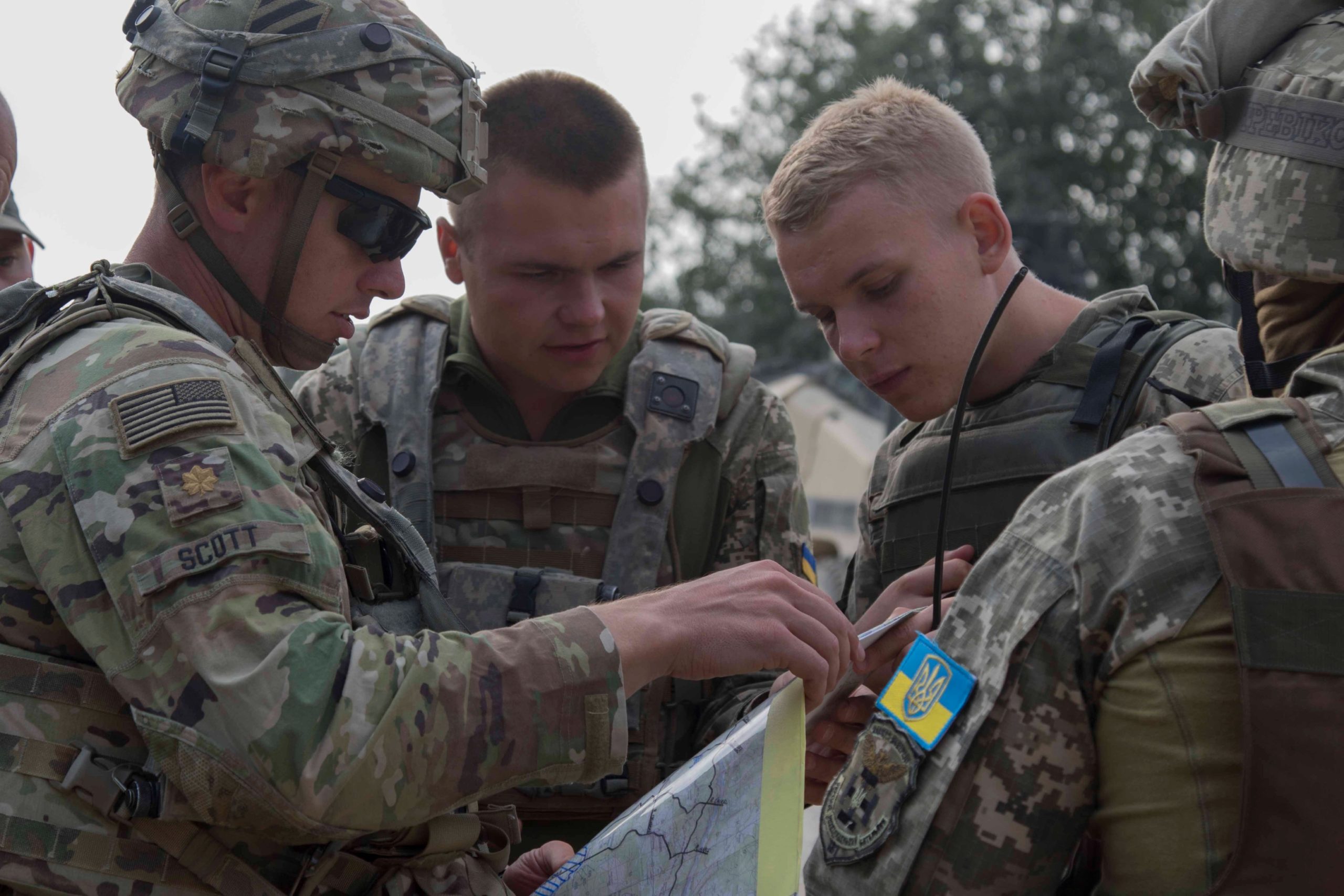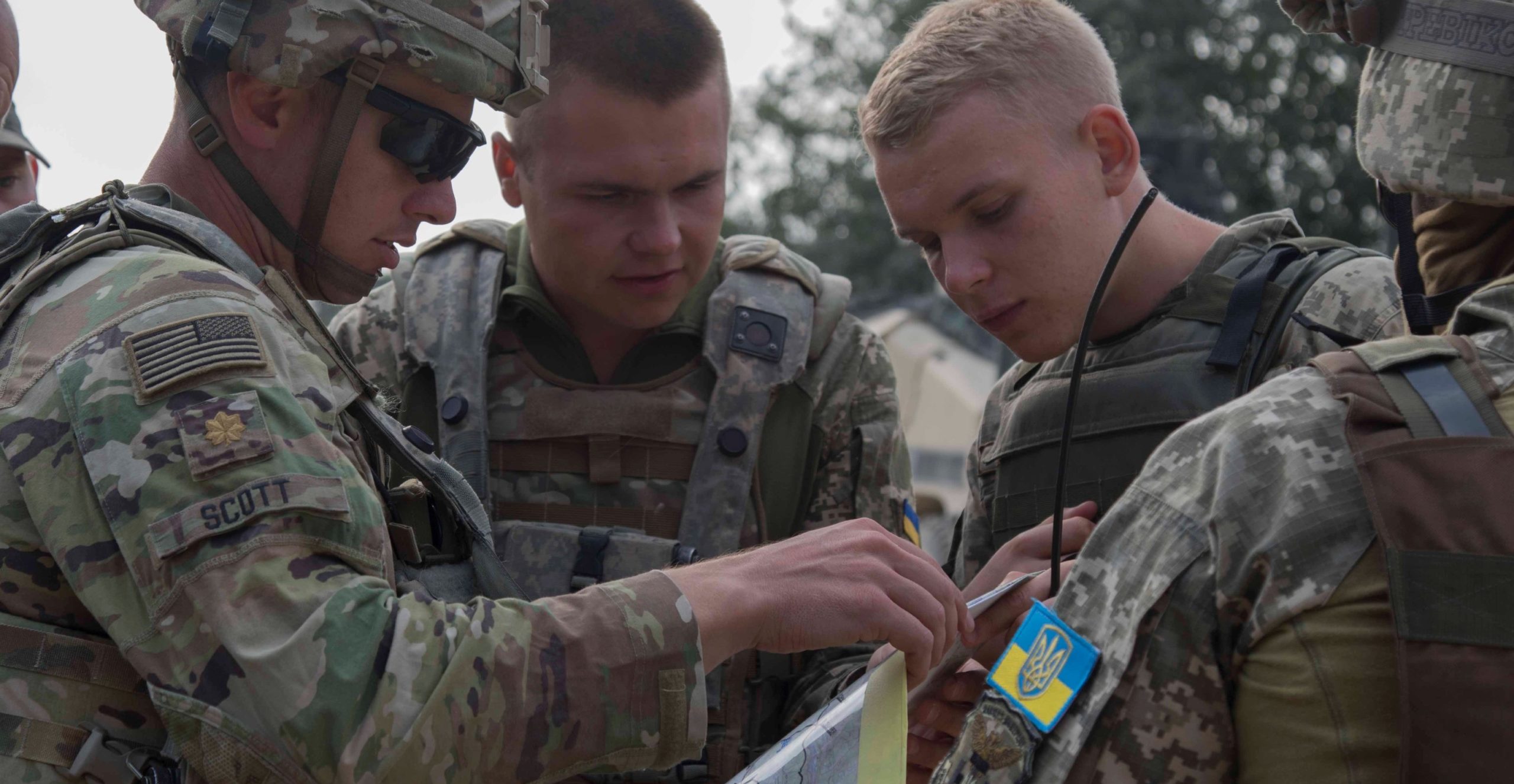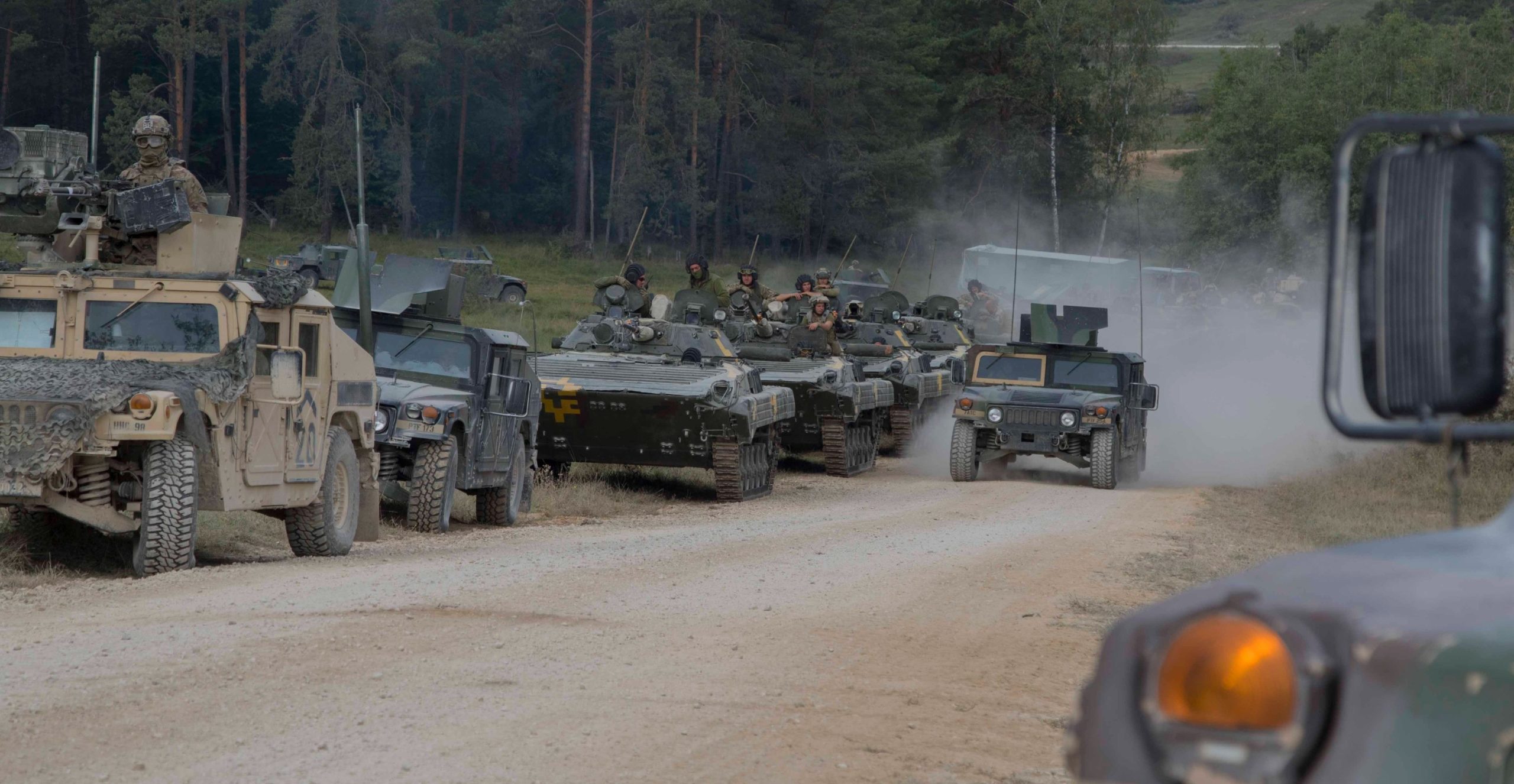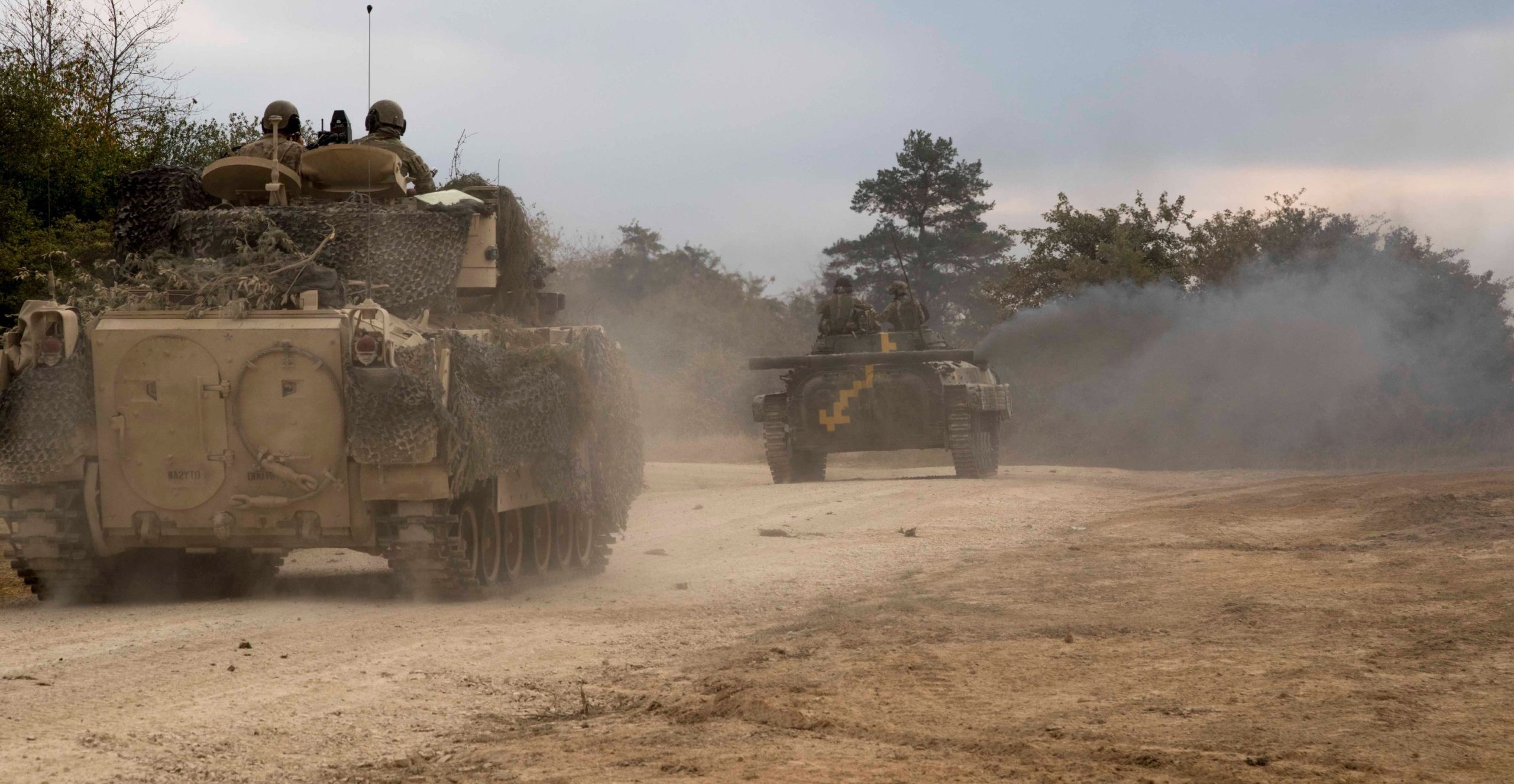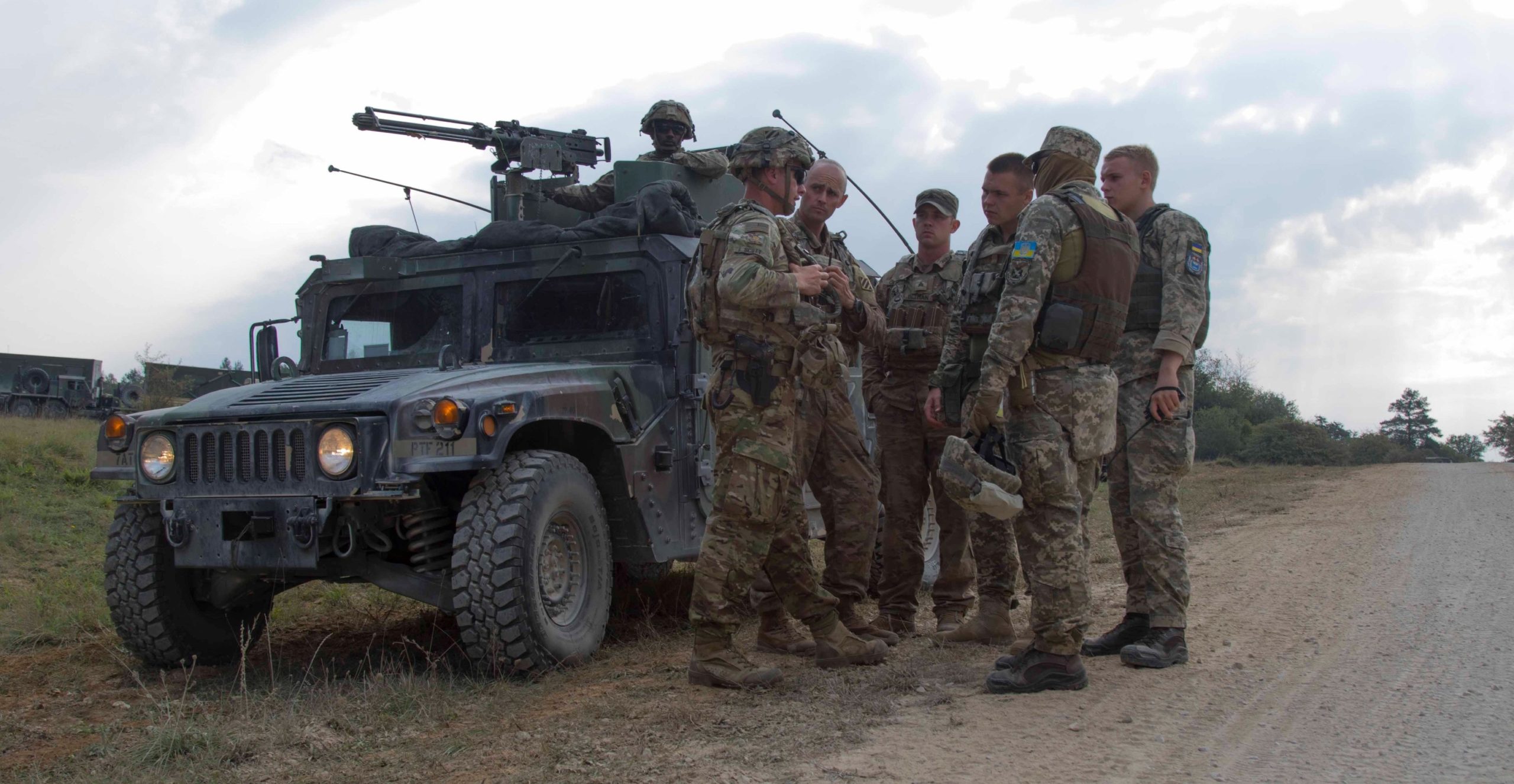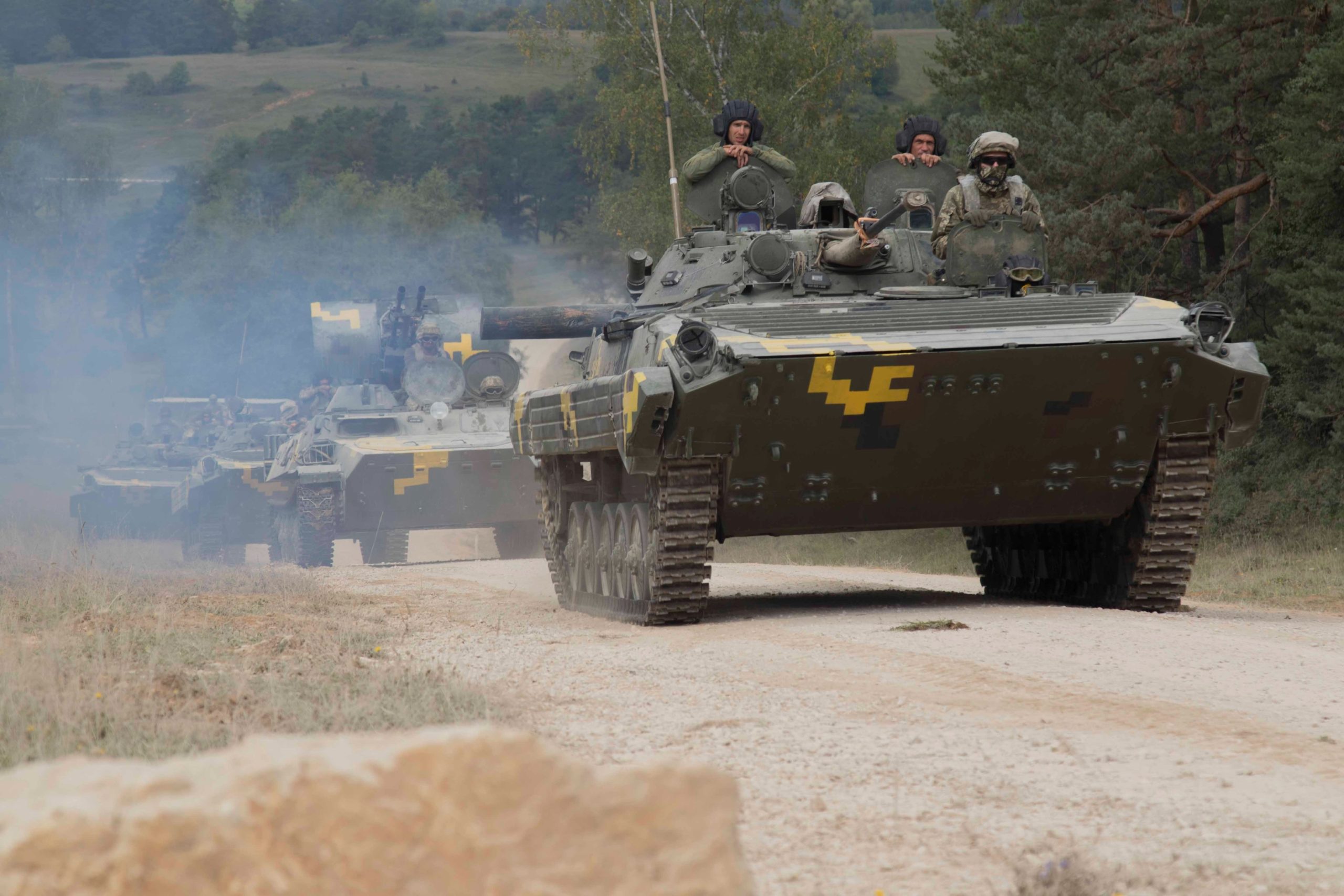On September 14, Ukrainian President Volodymyr Zelenskyy approved the country’s new National Security Strategy, entitled “Human Security—the State’s Security” (“Bezpeka Lyudyny—Bezpeka Krayiny”) (President.gov.ua, September 14). Generally speaking, the document represents a broad view of national security concerns—encompassing everything from responses to climate change, demography, and the COVID-19 pandemic, to hybrid warfare, military and cyber security. At the same time, however, it entirely omits a number of real internal threats such as oligarchic political control, pro-Russian political forces and media, anti-reformist factions and corrupt government officials (EuromaidanPress, September 18). The Strategy resolutely proclaims that Ukraine seeks peace, which it defines as key to the development of both the state and the individual; and it identifies life and health, honor and dignity, as well as immunity and security as the highest social values that must be pursued. Ukraine’s prioritized national interests are listed as upholding independence and state sovereignty; restoring peace, territorial integrity and state sovereignty in the temporarily occupied territories; social development, especially the development of human capital; and the protection of rights, freedoms and legitimate interests of citizens of Ukraine.
The Strategy recognizes that Ukraine’s national security interests include continued defense and deterrence measures, the active use of multilateral negotiation formats, and the consolidation of international pressure targeting the Russian Federation. The document deals several times with the European Union and the North Atlantic Treaty Organization (NATO) and sets the goal of achieving full membership in both organizations. Ukraine’s cyber and information security, zero tolerance of corruption, recent changes related to the crisis in the global economy, the spread of COVID-19, as well as increased threats stemming from natural and technogenic disasters are also reflected in the Strategy.
The document asserts the existence of three main principles of state national security policy (Zik.ua, September 14):
- deterrence—the development of defense and security capabilities to prevent military aggression against Ukraine;
- resilience—the ability of society and the state to quickly adapt to changes in the security environment and maintain sustainable functioning, in particular by minimizing external and internal vulnerabilities;
- cooperation—the development of strategic relations with key foreign partners, especially with the EU and NATO and their member states, including the United States, along with pragmatic cooperation with other countries and international organizations, based on Ukraine’s national interests.
According to the newly approved Strategy, Russia is recognized as an “aggressor state, a source of long-term systemic threats to Ukraine’s national security” that conducts “hybrid” aggression against Ukraine. But crucially, the document does not outline a cross-sectorial, coordinated counterstrategy (EuromaidanPress, September 18).
The development of Ukraine’s deterrence potential is labeled as “the main task in the field of military security.” The Strategy advocates political solutions to the ongoing conflict “to ensure Ukraine’s national interests, in particular, the cessation of Russian aggression, the full restoration of territorial integrity, as well as the protection of the rights, freedoms and legitimate interests of Ukrainian citizens and business entities. Ukraine will negotiate with the Russian Federation through the mediation of partners from a number of EU and NATO member states, as well as the OSCE [Organization for Security and Cooperation in Europe]” (President.gov.ua, September 14).
At the same time, the document does not clarify what to do in case the enemy openly attacks Ukraine. Effective military security must arguably be based not solely on deterrence potential—including combat-capable armed forces, prepared and motivated military reserve and effective territorial defense units, combined with the capabilities of other security and defense sector bodies. It must additionally be based on an overall readiness to fight an invading enemy, with a well-trained ability to defeat the encroaching foreign forces and prevent their advance deep into the defending state’s territory. It should be noted that Ukraine’s laws “About the Armed Forces of Ukraine” and “On Peculiarities of State Policy on Ensuring State Sovereignty of Ukraine in the Temporarily Occupied Territories of Donetsk and Luhansk regions” (Zakon.rada.gov.ua, January 2, March 27), as well as NATO (Nato.int, May 26), all clearly define both deterrence and defense postures as crucial in successfully facing foreign aggression.
The September 2020 National Security Strategy contains provisions on the development of “comprehensive cooperation” with the US, the United Kingdom, Canada, Germany and France, as well as a “strategic partnership” with Azerbaijan, Georgia, Lithuania, Poland and Türkiye. At the same time, the list of partner states does not include Romania, Ukraine’s neighbor and an important NATO Black Sea member state that holds quite strong anti-Kremlin attitudes both within society and among its politicians (Eurointegration.com.ua, September 15).
Meanwhile, Ukraine’s security strategy in the maritime domain continues to be foggy. The recently approved national security document does include provisions on protecting freedom of navigation, the effective use of resources of the Black Sea and the Sea of Azov as well as the Dnieper and Danube rivers, along with the development of its merchant fleet and the Ukrainian Naval Forces. However, it is not clear how Ukraine plans to regain control of its littoral waters now occupied by Russia. Ukraine has lost control over about 100,000–137,000 square kilometers (equal to the total territory of South Korea or Iceland) of its sovereign sea areas since 2014 (Blackseanews.net, June 10). Ironically, neither a National Maritime Strategy nor a Counter–Hybrid War Strategy are identified among the 15 separate strategies in the spheres of national security and defense that are to implement the overarching National Security Strategy. Such omissions point to an unrealistic and amateurish planning process at the highest levels when it comes to shaping and directing the country’s security posture more than six years since the start of Ukraine’s de facto war with Russia.
Read More:
- Ukraine’s new National Security Strategy: Russia as the aggressor, full NATO membership, and a few drawbacks
- US CV-22S special operation aircraft buzz Ukrainian capital, B-52H bombers enter airspace
- The Ukraine-Belarus border. Taking the Russian threat seriously
- All that is wrong with defending Russia
- Ukraine-Russia peace talks are in a stalemate as Kyiv eyes ways to revise Minsk deal
- Boosting the price of aggression. Ukraine updates its sanctions policy against Russia
- Zelenskyy is solving the wrong war


